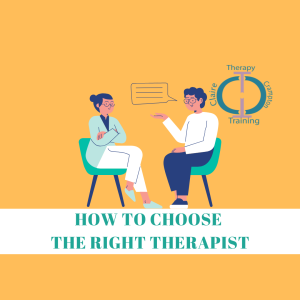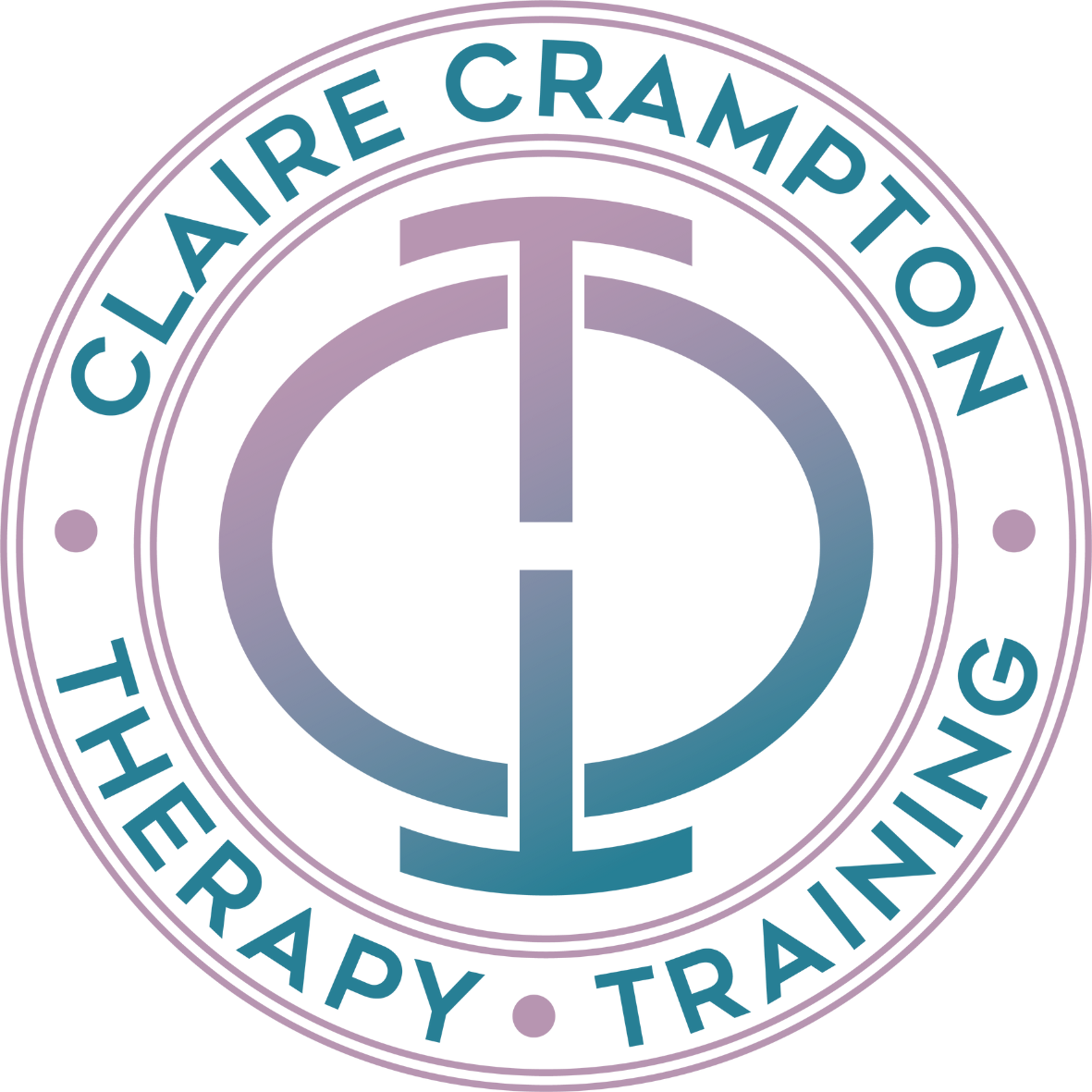
As a therapist myself it can feel challenging searching through the available directories, let alone the independent websites trying to find the right counsellor.
Are you finding this a hurdle to starting counselling?
I have collated a few simple suggestions to hopefully make this a little easier for you.
5: Where do I look?
It can be surprising for people to realise that counselling is an unregulated profession. This means there is no minimum training limit to reach before calling yourself a therapist or counsellor.
There are however membership bodies who have application processes to look into this and have ethical frameworks' their therapists agree to adhere to.
While it is not necessary to use one of these directories, for some people it provides a level of ease and comfort.
Some examples of these include:
British Association for Counselling and Psychotherapy
It is worth noting that word of mouth recommendations or having initial meetings with counsellors can also be a valuable way to find a therapist.
4: Location, location, location.
Online or face to face can be a consideration when choosing a therapist. Each brings with it benefits and challenges, for example if you currently find it difficult to leave your home or struggle to be physically present with people then online might be a good place to start. However if part of the therapeutic journey you are embarking on is to leave the house more than online but still within traveling distance is a good consideration.
For face to face work, do you need easy access by public transport, which might mean a town based counselling room. Or do you want to be able to drive up and park easily, which might lean more towards rural settings?
Will you struggle in a small space or do you like feeling close and cosy? Do you like a room with colour and things to look at, or prefer minimal distractions?
Do you have accessibility or sensory needs to consider?
All of these any many more are valid points to think about, if you can't gauge these questions from a therapists' website or directory listing it is ok to ask these questions from the outset.
3: Ask questions.
While it's important to meet your therapist to gauge your reaction to them in person, it's ok to ask some questions you may feel unsure of before this stage.
Sometimes these might be practical considerations, such as how they manage appointments, the payment terms or their membership body.
However, they may also be around your reason for attending counselling. For example their training or experience with certain needs.
This can be especially important when seeking a therapist for a young person.
2: Really consider what you are hoping to gain from your therapy?
There are a wide variety of trainings and experiences that therapist's focus on in their professional lives. While the relationship is the most important element in the work you may wish to look at their backgrounds. Often the check boxes on directories reflect what types of issues a therapist could work with, rather than what they have experience in. Look for them talking about what you want help with specifically in their profile or website.
1: It's ok to change counsellor.
Over and over again research has shown that the quality of the therapeutic relationship has been the key factor in people's positive experiences in counselling.
While it's normal to take time to settle with someone new, and that the reasons for attending therapy, such as relationship or attachment challenges can create some challenges it is ok to make the decision to change therapist.
Ideally you would discuss this with them first but ultimately you should feel in control of this decision.
If you are interested in working together with me, please do get in contact and we can talk through the next steps.
